Ingmar Bergman | 1hr 20min

The theatre stage is not just a canvas for director Henrik Vogler to mount his eloquent artistic expressions of pain and desire. After each rehearsal, when it has emptied of cast and crew, it also becomes place of deep meditation, where the stories and lives that have passed across its floorboards settle inside him.
“All the emotions, real and make believe, all the laughter, rage, passion, and who knows what else. It’s all still here… enclosed… living its secret, uninterrupted life. I hear them sometimes. Often. Sometimes I think I can hear them. Demons, angels, ghosts… ordinary people… intently going about their lives. Closed off. Secretive. Sometimes we speak to each other, but just in passing.”
The line between life and fiction fades away, lifting him outside time itself until he too becomes an actor in his own fantasy. Not that he would accept that label – Henrik is adamant that he does not participate in the drama, but merely gives it form. His rehearsals are operations, he claims, “where self-discipline, cleanliness, light, and stillness prevail.”
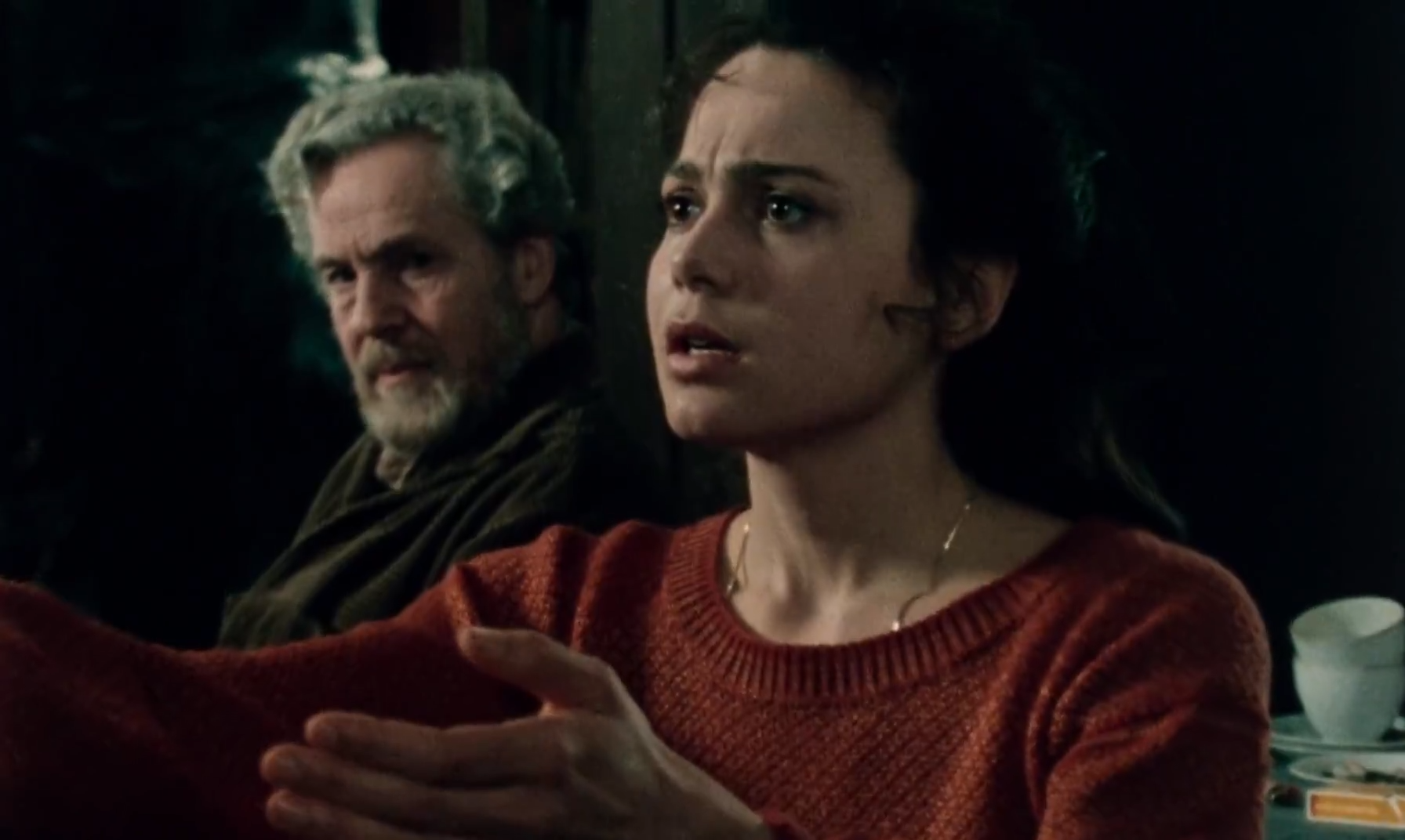
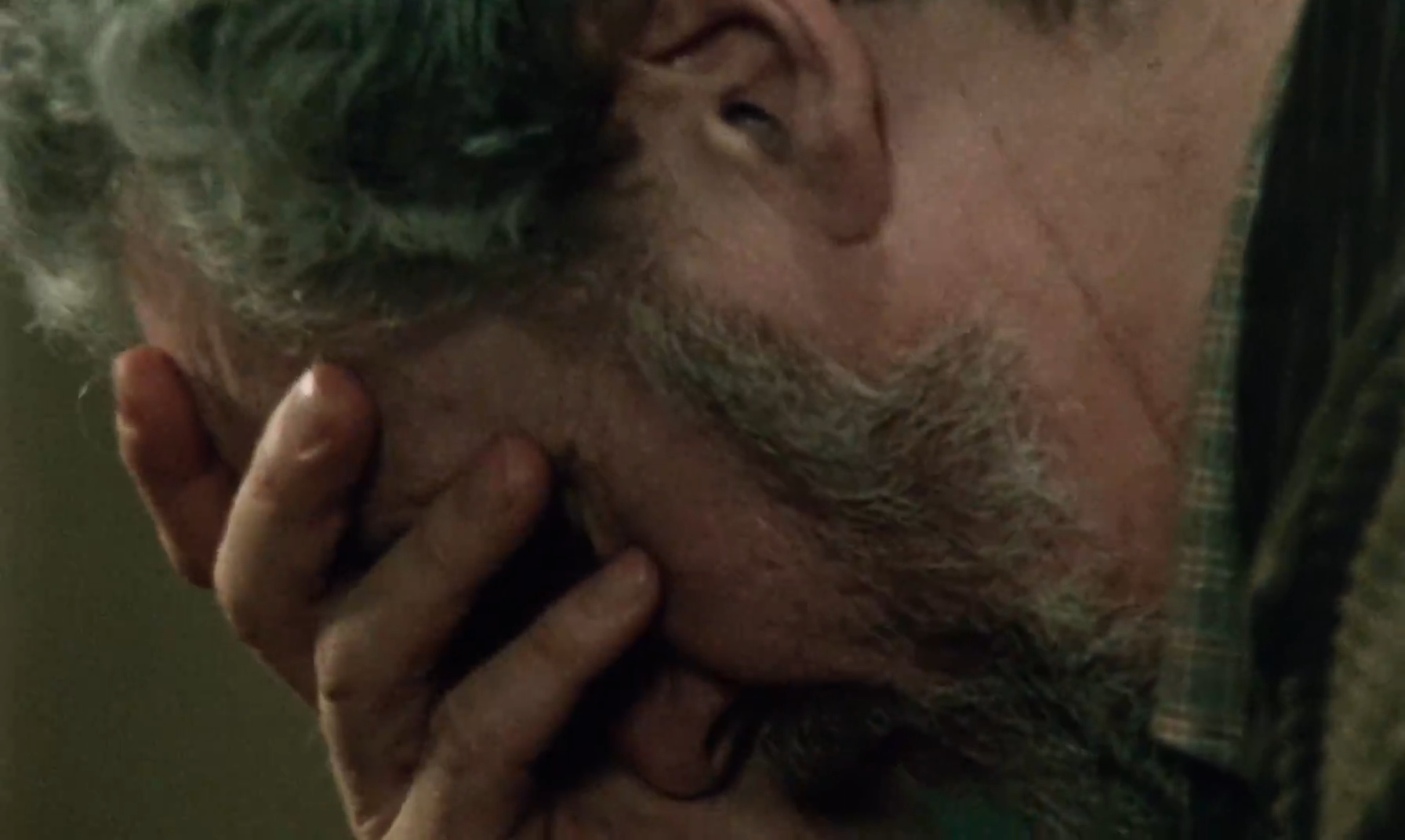
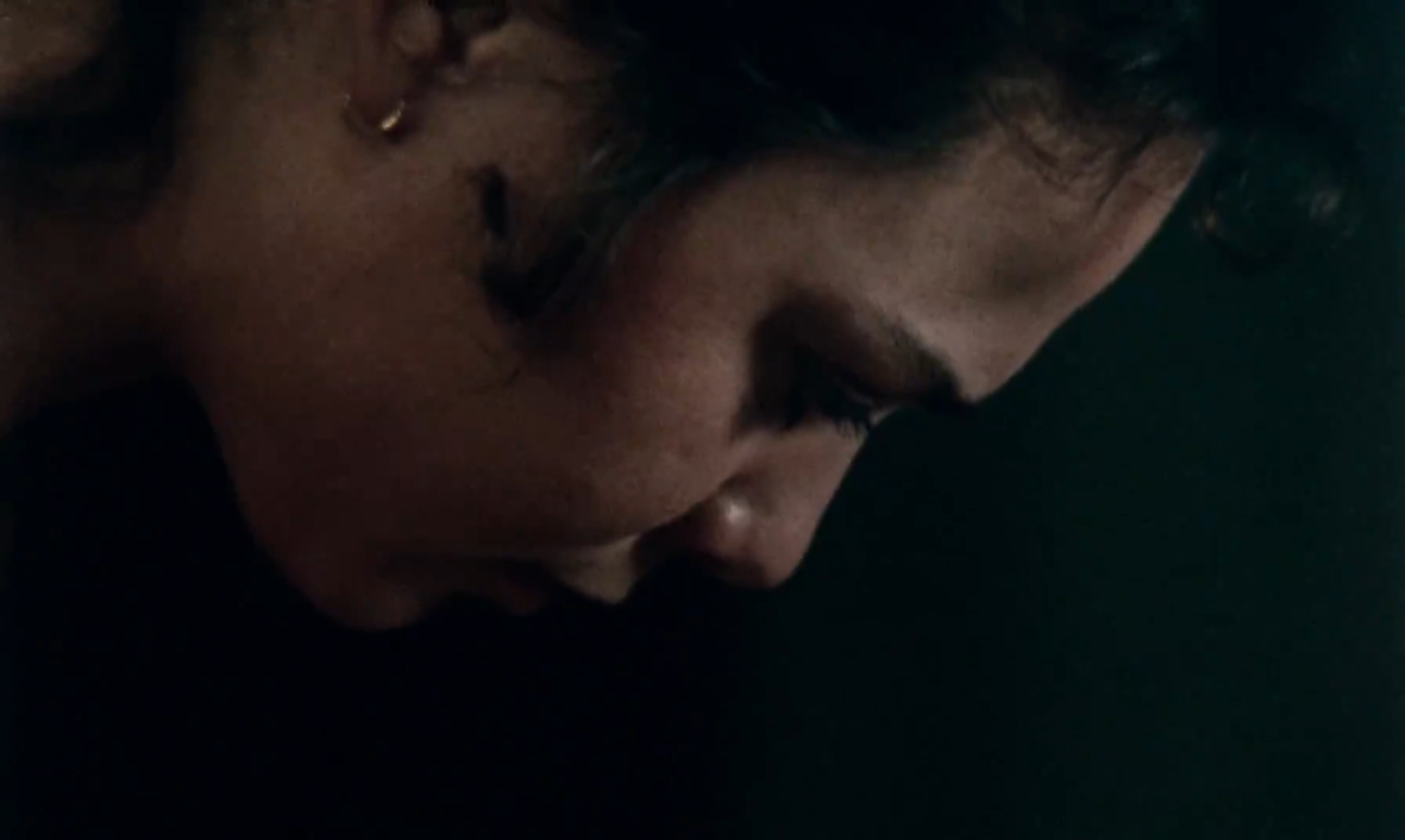
Ingmar Bergman couldn’t disagree more. With After the Rehearsal playing out entirely on Henrik’s stage, everything that unfolds here effectively becomes a play in itself, frequently setting wide shots far back in the audience to frame the theatre director as a character in his own drama. Like his actors, he too is subject to the chaos of art that exposes his true self, letting his internal voiceovers disdainfully drown out his conversations with the two women who approach him mid-reflection.
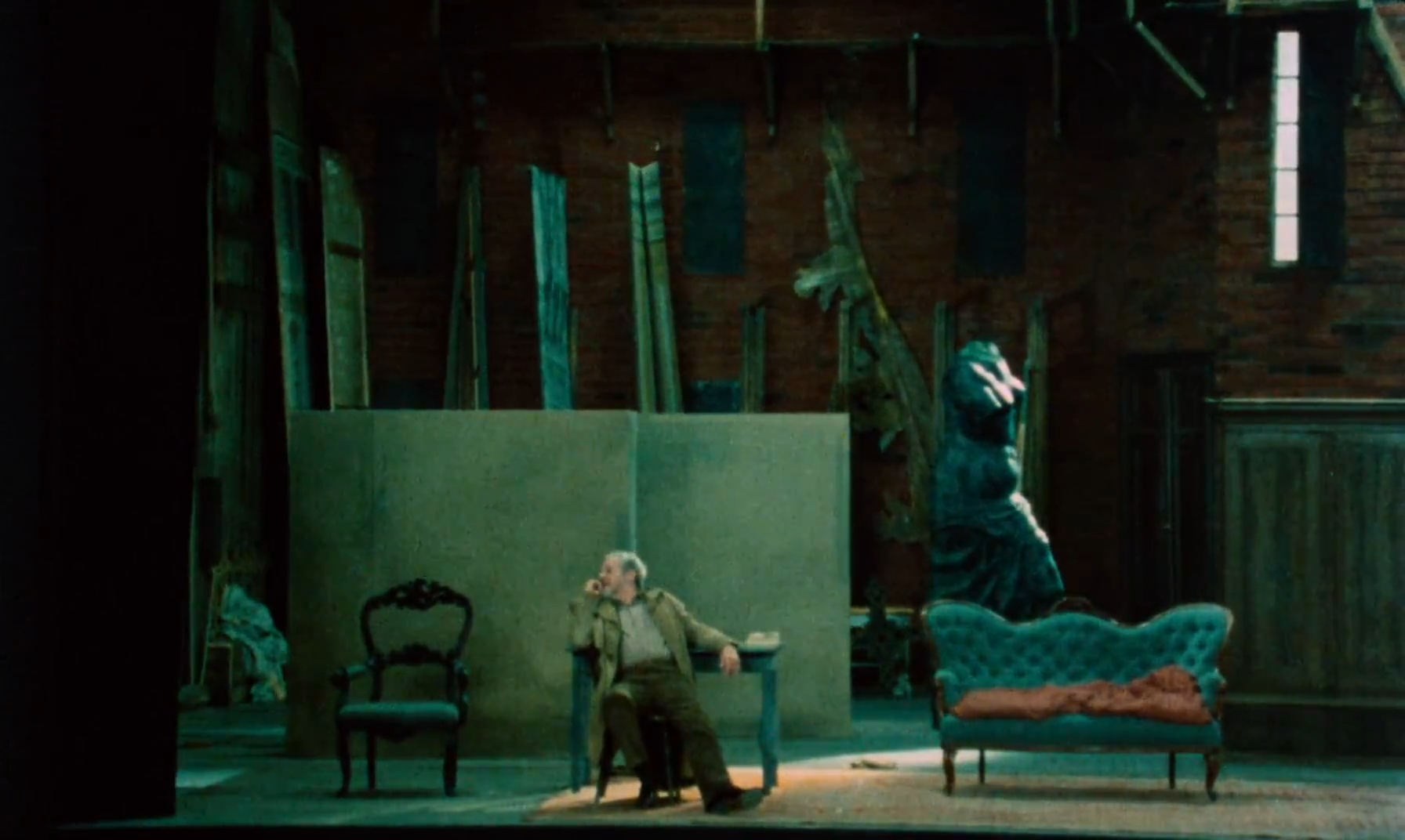
The first of these is Anna, the lead in his production of A Dream Play. Her search for a missing bracelet is evidently little more than an excuse to talk with her director, seeking one-on-one guidance for her character of Agnes, the daughter of a Vedic god who has descended to Earth and now witnesses the suffering of its mortals. On top of this, there may also be romantic intentions here too – the same kind that Henrik has shared with so many other actresses before her, including her own late mother, Rakel. Anna’s memories of the woman are bitter, recalling in a pained monologue the way she fought with her father and pushed her into a theatre career, though it is Henrik’s recollection of Rakel which proves to be even stronger.
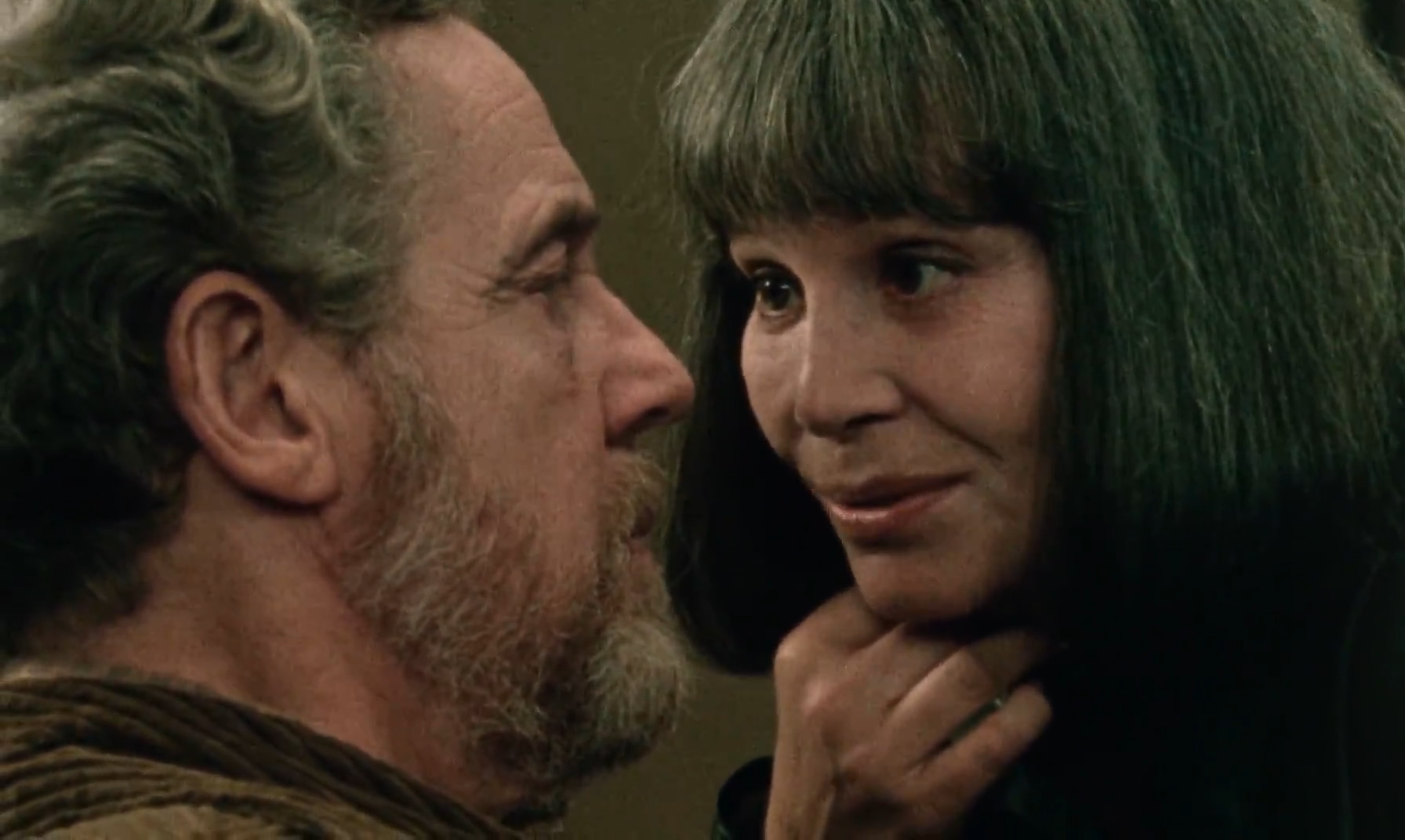
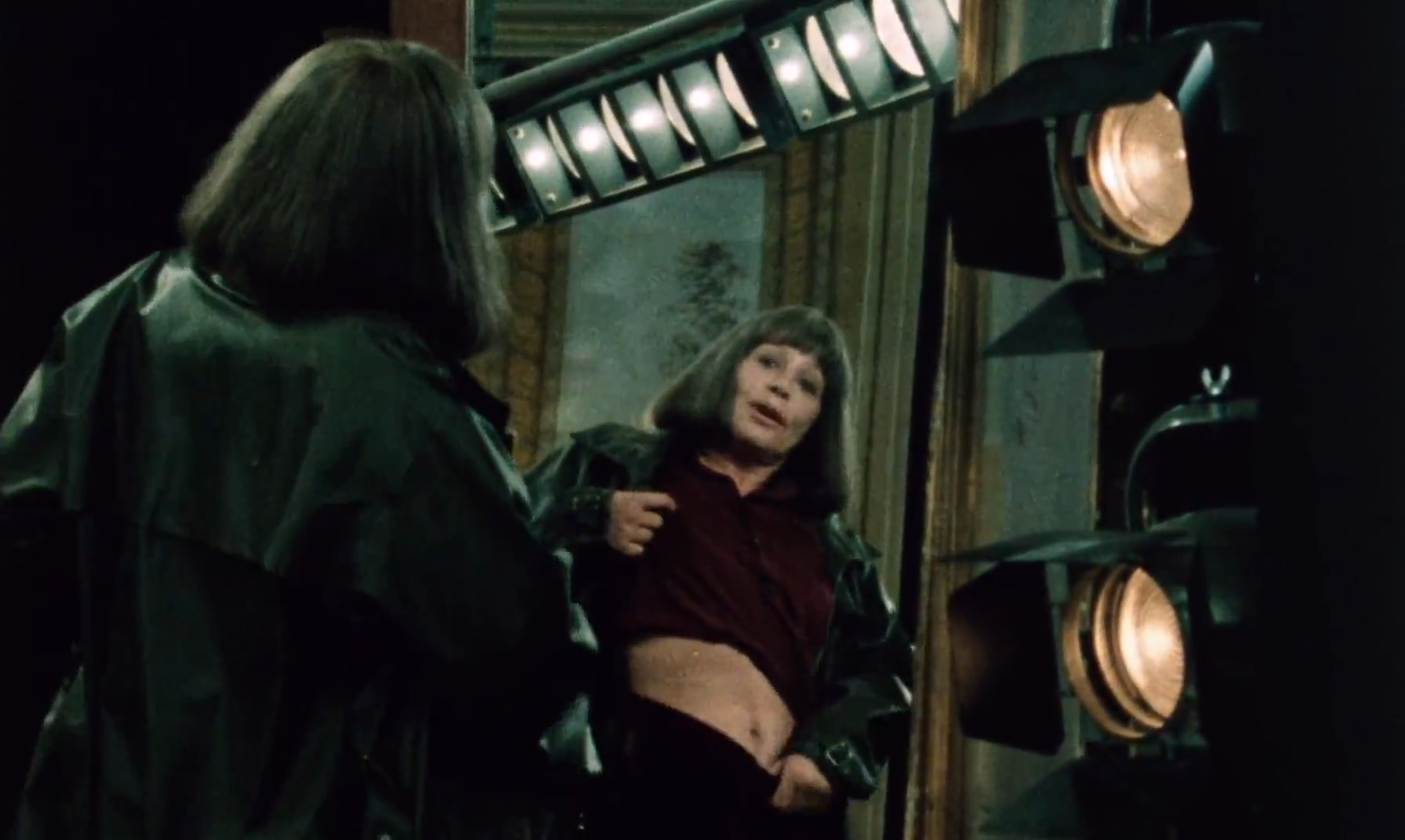
Just as Anna reaches the peak of her resentful nostalgia, reality shifts, freezing her in a single moment of time while Rakel approaches Henrik with a smile. For the first time in Bergman’s career, we are finally afforded the opportunity to watch Erland Josephson and Ingrid Thulin play off each other – one as a prideful director, the other as a volatile actress, and both caught up in a passion that swings between extremes. “Distance. Indifference. Weariness. Fear. Impotence. Impotent rage. Distance,” his internal voice mutters, convincing himself of his own apathy towards her, though at the same time her ability to cut through his sensitive ego is apparent.
“Theatre is shit, filth, and lechery. Turmoil, tangles, and trouble. I don’t believe for a second your theory about purity. It’s suspect, typical of you.”
Henrik speaks of his desire for order and precision, and yet his affection for Rakel tells a different story, seeing her embody all the chaotic emotions that inevitably manifest in his artistic expression. Meanwhile, a frozen Anna continues to burn the imprint of her red outfit into the faded blue couch between them, becoming an enduring reminder of the impact Rakel has left on his life long after her passing.
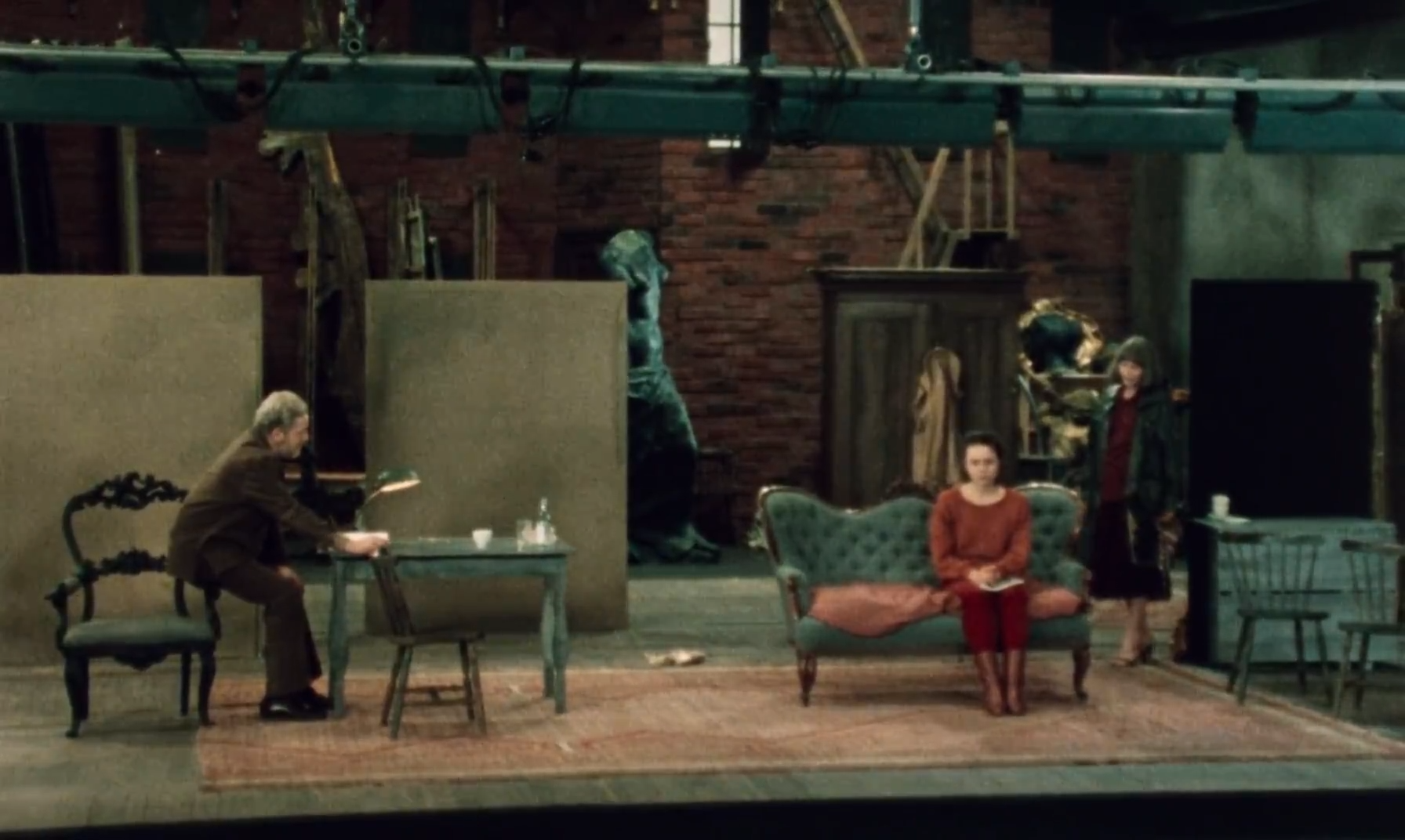
These memories and distortions barely seem out of place within Henrik’s mind, especially as the illusion of real time persists, yet Bergman’s understated surrealism weaves its way through in subtle ways. In the corner, he sees a younger version of himself hiding under a thunder sheet, while actresses playing Anna as an adult and pre-adolescent appear to swap places without so much as a cut. Only in the theatre could Henrik create a bubble of nostalgia so cut off from the outside world that it conforms to the whims of his own subjective mind, spurring a profound self-reflection on his art and relationships.
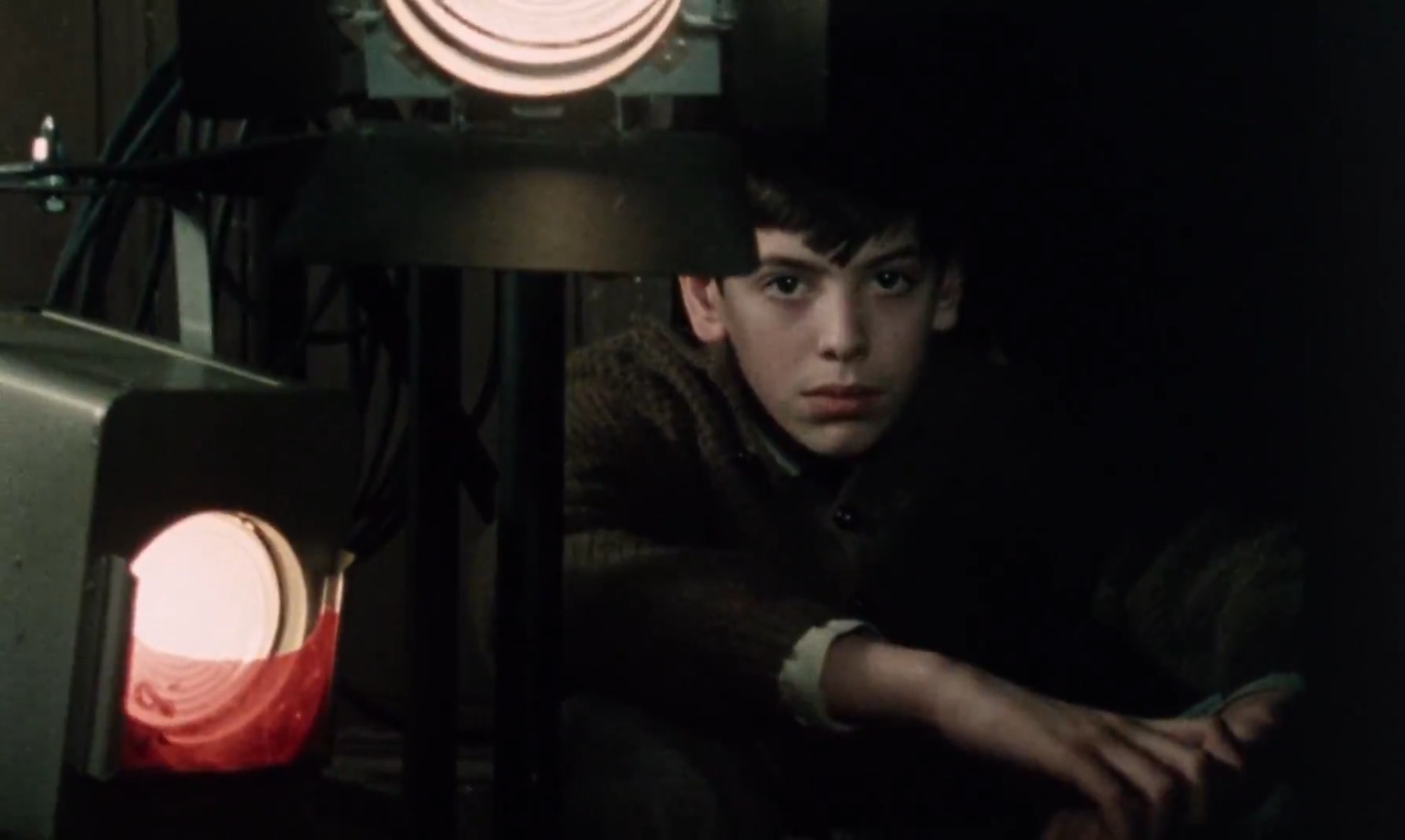
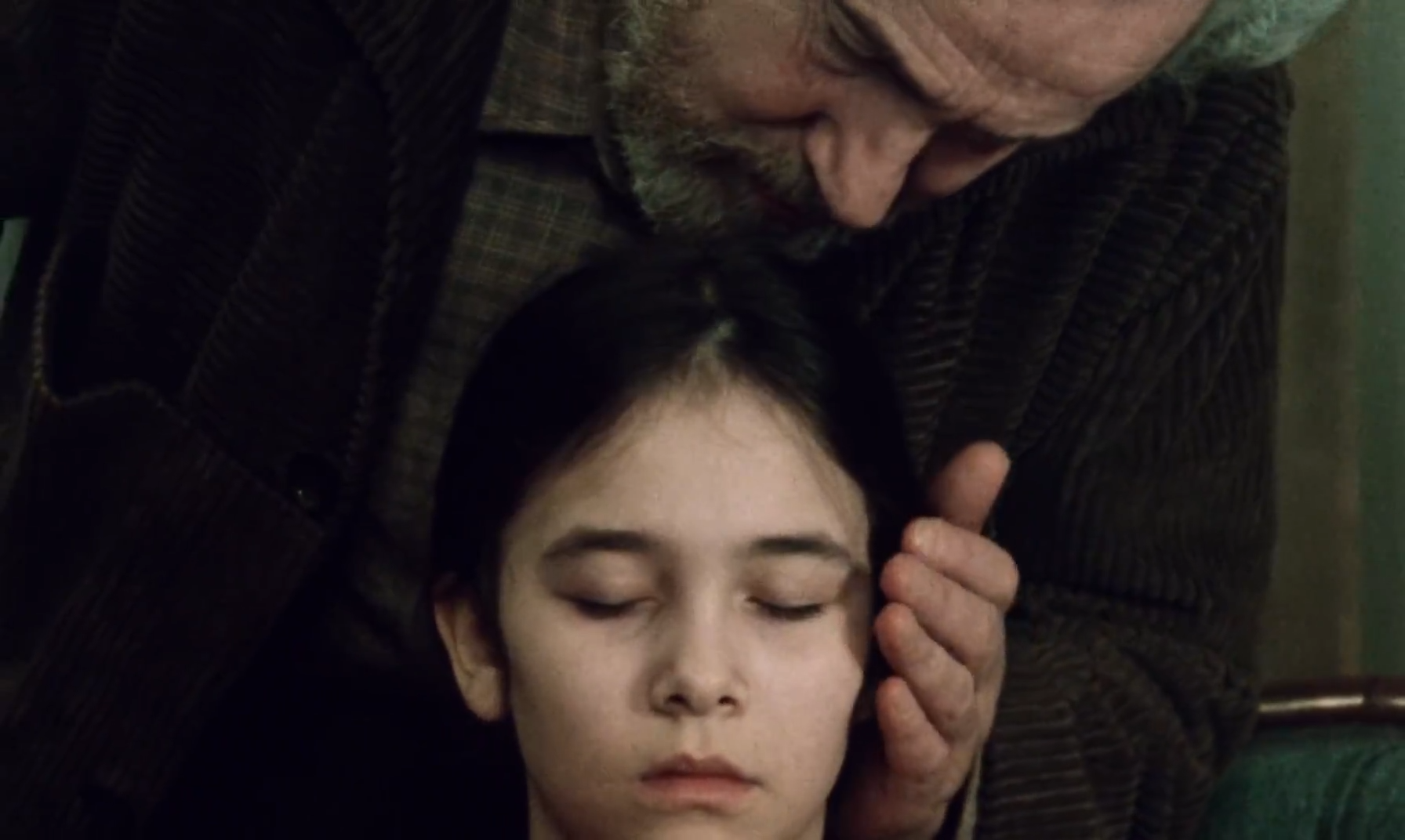
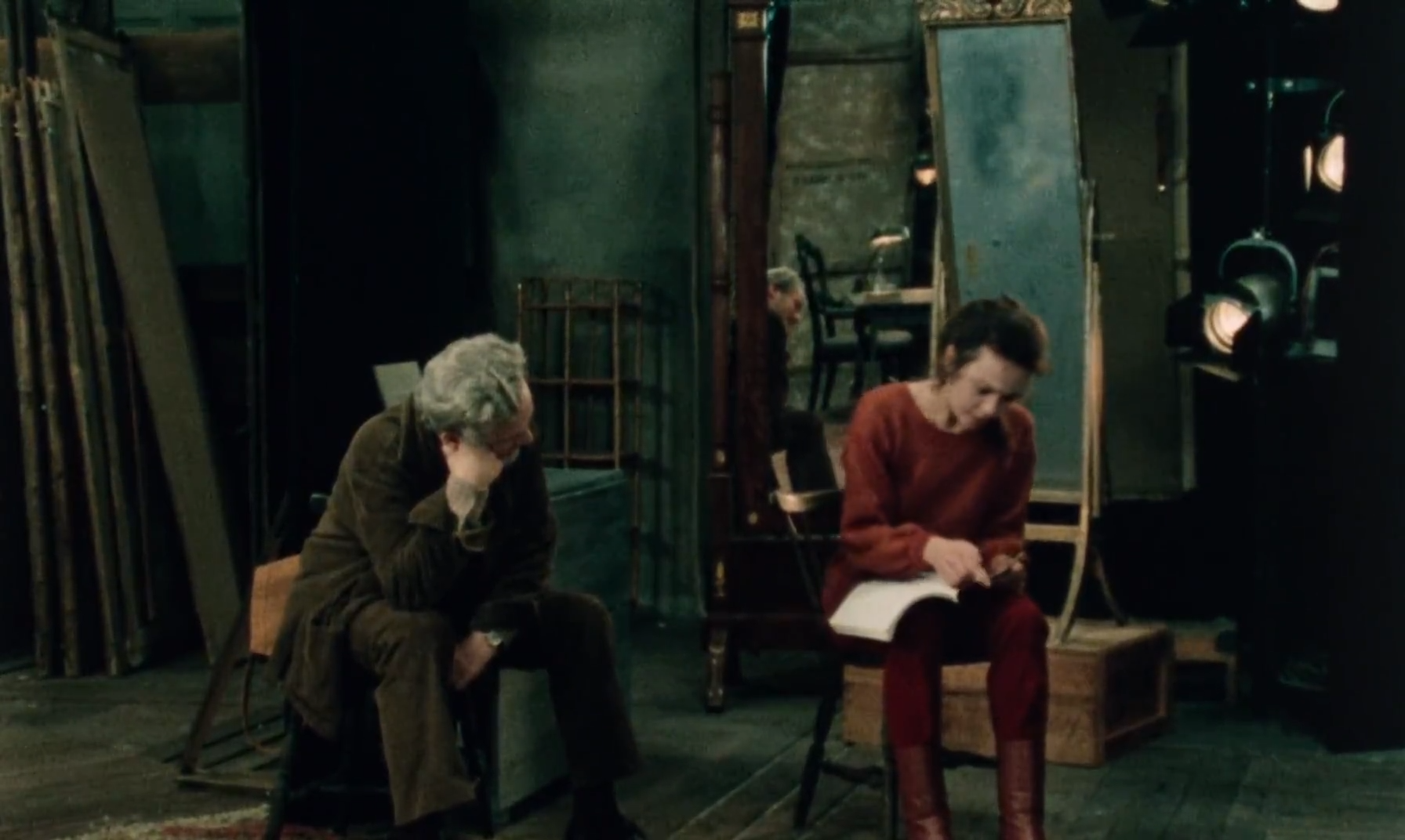
Even in the objective reality of the setting though, this stage is filled with artefacts of past plays, each one with some story behind it that Henrik could talk at length about. This is not an exceedingly beautiful film, particularly given its confinement to a single location, but Bergman blocks his actors around its stained mirrors, rustic furniture, and lighting rigs with delicate care, and especially builds his visual storytelling to a peak following our return to Henrik’s reality in the final act.
It is here as After the Rehearsal winds to a close that Anna’s attempt to make their relationship more intimate is met with a gentle rejection. “If I were ten years younger!” Henrik softly laughs, accepting the maturity that has come with age, and perhaps a little bit from his relationship with her mother. With his arm around her shoulder though, they walk among painted backdrops and discuss what could have been, narrating all the ups and downs of their hypothetical future together. Against the image of a city street, their romance becomes argumentative, and though they try to salvage it from jealousy and anger, their breakup is inevitable. Still, they will remain on amicable terms, Henrik muses, before breaking the immersion.
“That’s how it would be.”
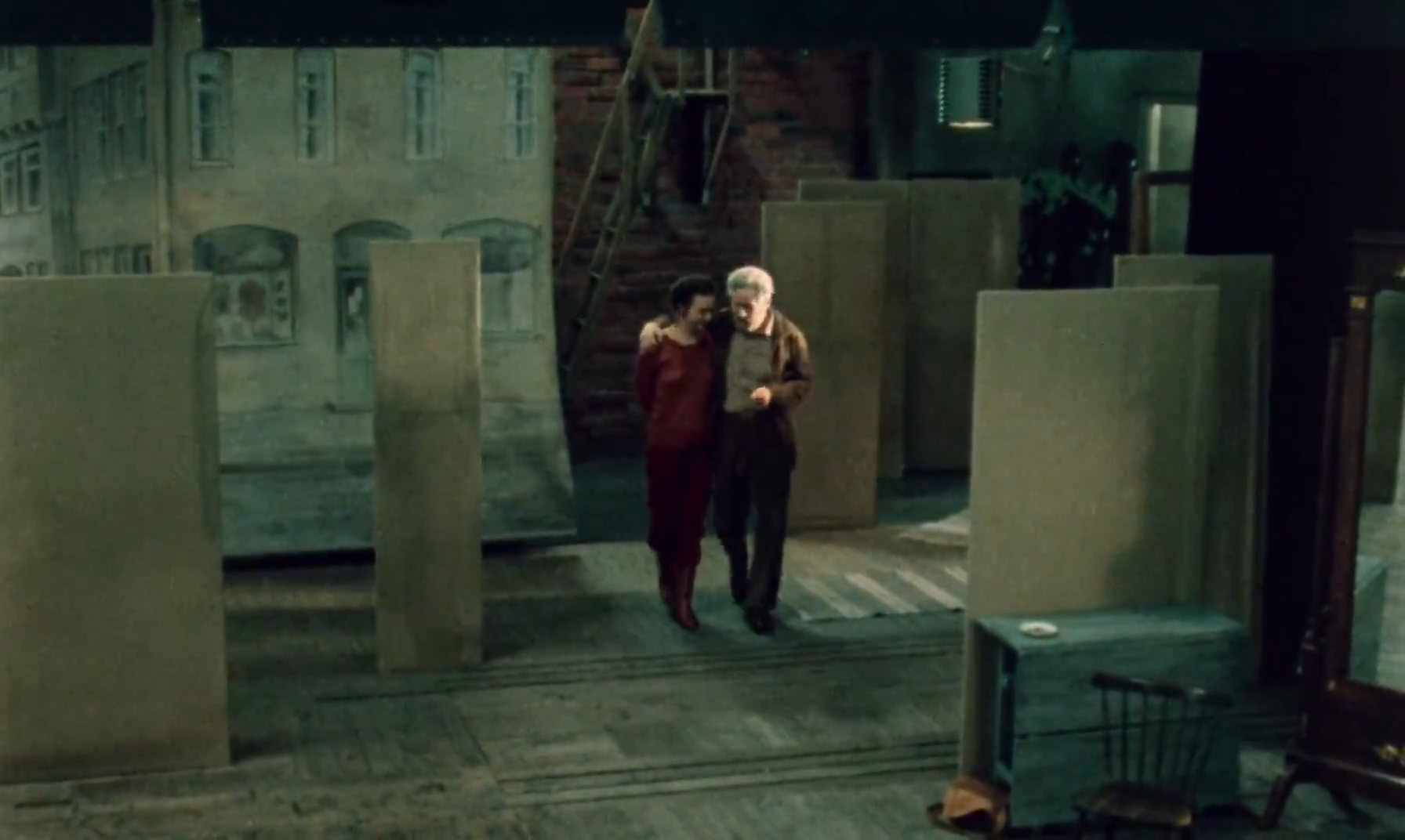
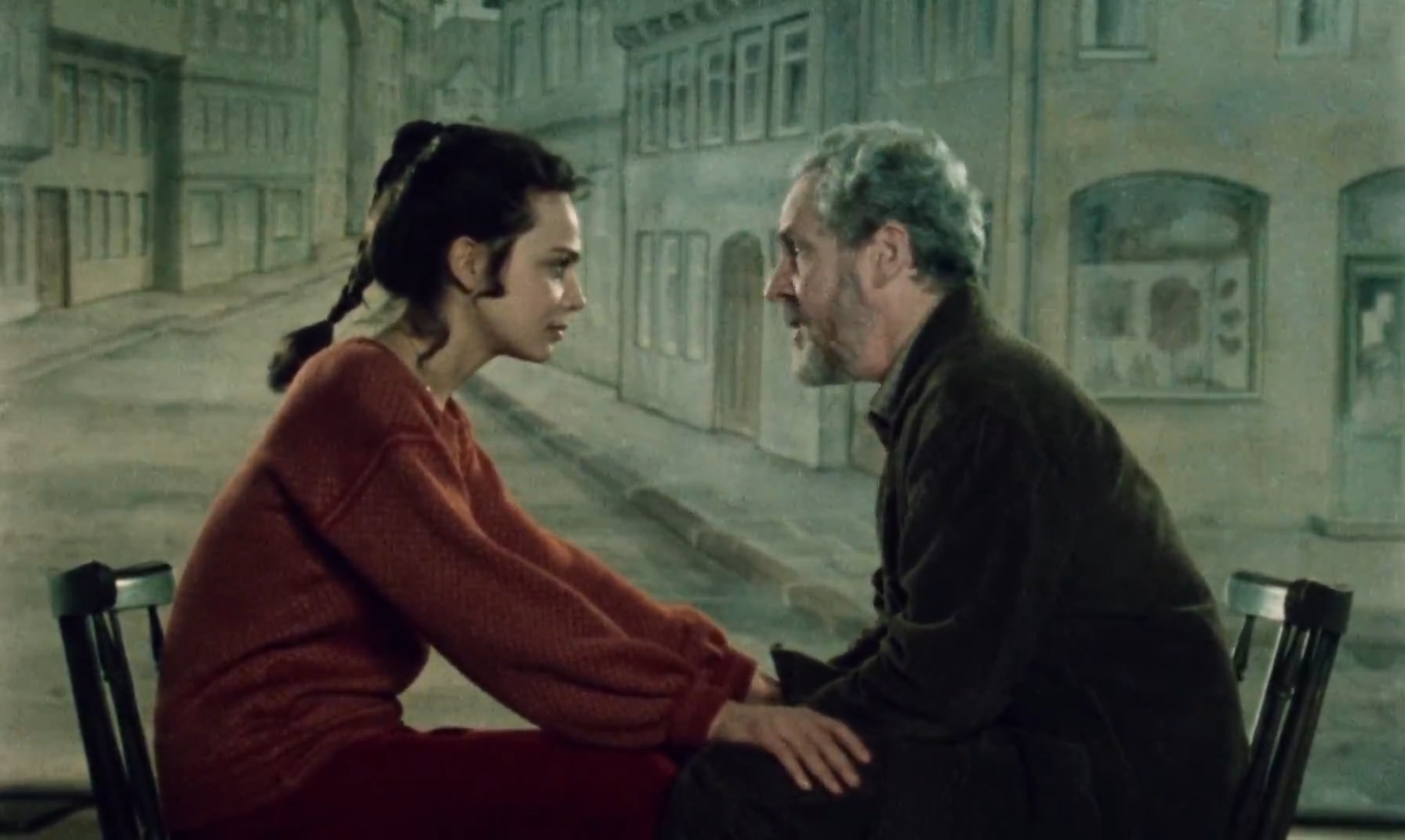
This is clearly the work of an older director not just looking back on his career, but his relationships as well. It is no secret after all that Bergman conducted multiple affairs with his leading ladies over the years. There is some regret and self-loathing mixed in with this, but also a great appreciation for those women who have softened his edges and offered him inspiration. After the Rehearsal may mark the beginning of a final chapter for Bergman that never saw him reach the heights of Persona or Fanny and Alexander, but even as the scale of his ambition decreases, there is a new humility and maturity here taking eloquent form.
After the Rehearsal is currently streaming on The Criterion Channel, and is available to rent or buy on Apple TV.
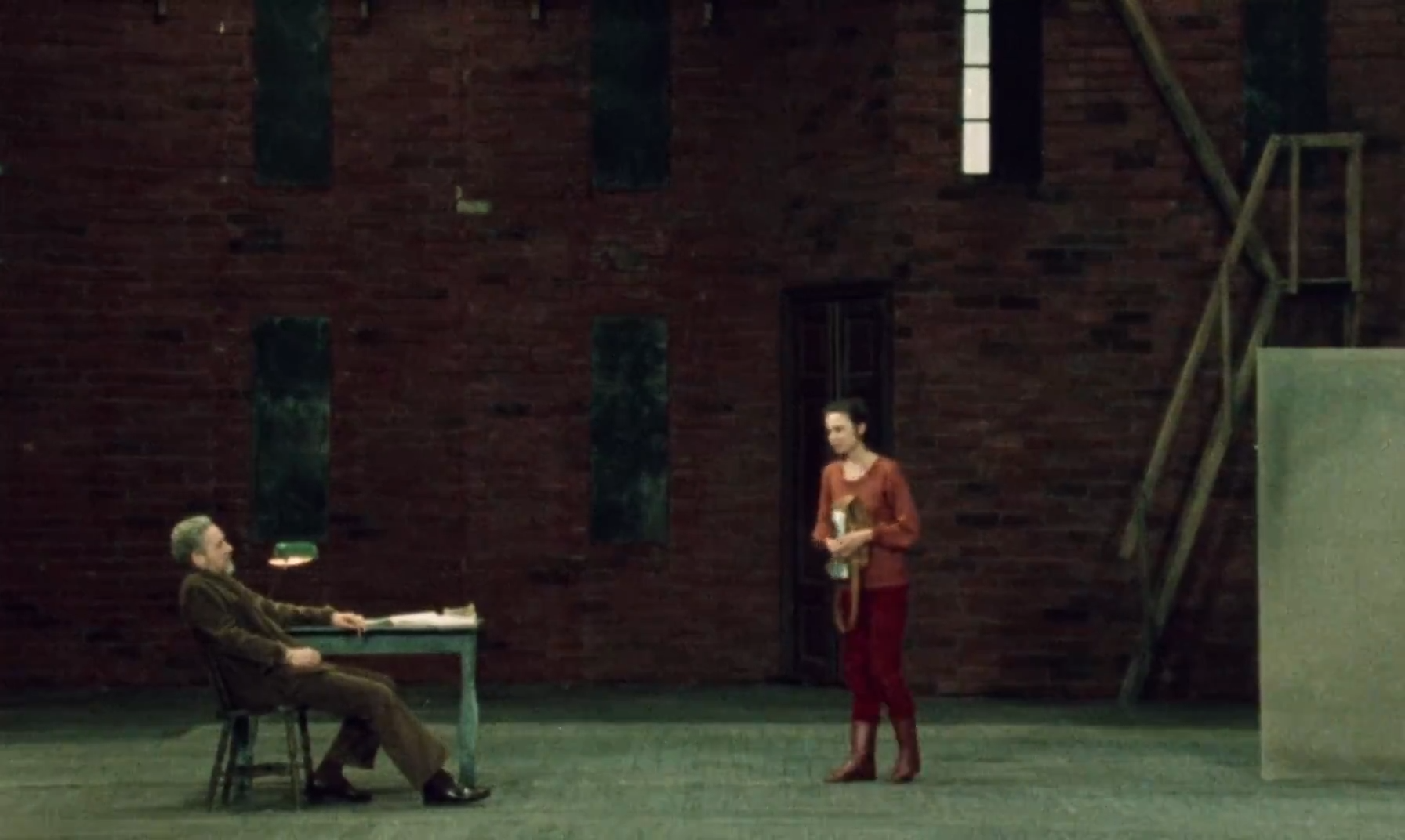

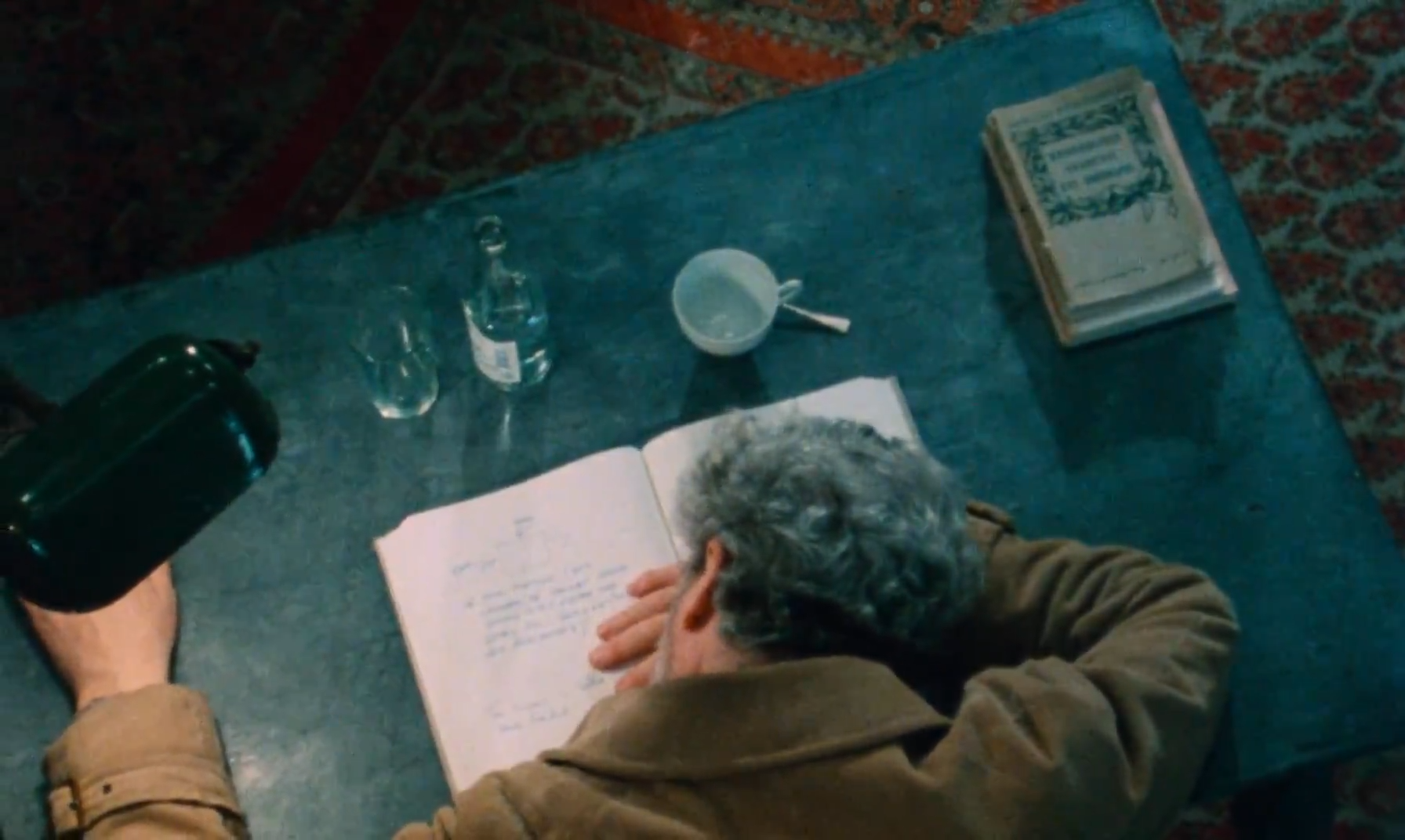
Pingback: Ingmar Bergman: Faces of Faith and Doubt – Scene by Green